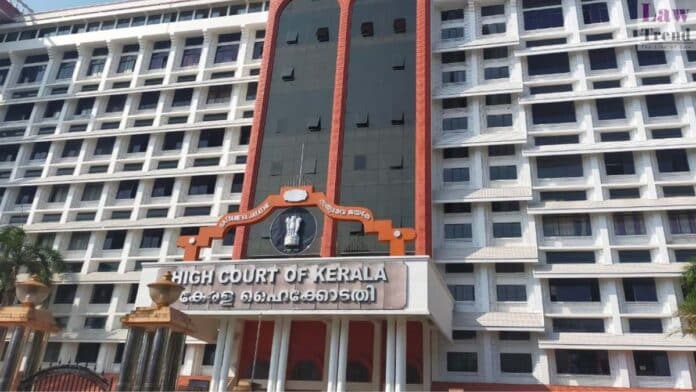The High Court of Kerala, in a significant judgment dated November 6, 2025, has dismissed an appeal filed by the Union of India, affirming that a married woman under the age of 50 is eligible to avail Assisted Reproductive Technology (ART) services using donor sperm, even if her husband is over the 55-year age limit
To Read More Please Subscribe to VIP Membership for Unlimited Access to All the Articles, Download Available Copies of Judgments/Order, Acess to Central/State Bare Acts, Advertisement Free Content, Access to More than 4000 Legal Drafts( Readymade Editable Formats of Suits, Petitions, Writs, Legal Notices, Divorce Petitions, 138 Notices, Bail Applications etc.) in Hindi and English.




